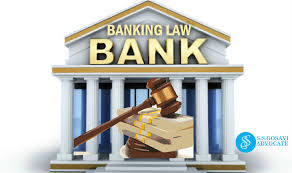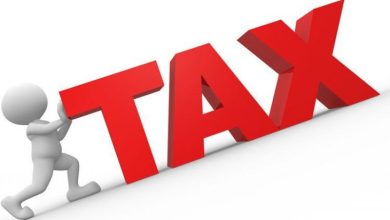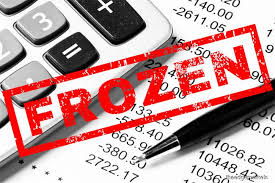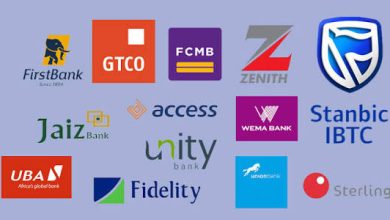The Hidden Truth About Bank Charges in Nigeria : Know the Law, Know Your Rights.
Understanding Bank Fees in Nigeria; Your Legal Rights & How to Fight Unfair Charges

Bank charges are the fees banks impose for their services. These can include ATM fees, overdraft fees, maintenance fees, and more. But when do they become unfair? And what does the law say about bank charges in Nigerian law?
Why Do Banks Charge Fees?
Banks are businesses. To survive and turn a profit, they charge fees to cover things like:
- Operating costs: running computer systems, maintaining branches, and providing customer service.
- Risk management: discouraging risky customer behaviour such as repeated overdrafts.
- Regulatory compliance: under Basel III and Central Bank of Nigeria (CBN) rules, banks must maintain capital and liquidity buffers to survive financial shocks.
In short, fees help banks stay afloat and also deter misuse of banking services.
The Legal Framework: What the Law Says
- The Central Bank of Nigeria Act, 2007, empowers the CBN to issue guidelines to banks. (See Section 33, sub-section 1(b)).
- The CBN issues the “Guide to Bank Charges” (formerly “Bankers’ Tariff”), which sets standard allowable fees across services.
- The most recent version was revised, taking effect January 1, 2020, aligning with evolving banking practices and regulations.
These rules ensure bank charges in Nigerian law are transparent, standardised, and fair.
Common Types of Bank Charges
Here are some typical fees you may see:
- Account Maintenance Fees
Charged for keeping a current account alive (especially when balances are low). - Transactional Fees
- Overdraft charges (when you spend more than your balance)
- Foreign exchange transaction fees
- Document handling fees (checkbook issuance, statement printing)
- E-banking / digital services (tokens, card issues and maintenance, fund transfers, ATM usage)
Each of these falls under the umbrella of bank charges in Nigerian law when regulated by the CBN.
Your Rights as a Banking Customer in Nigeria
Under Nigerian law, as a bank customer, you have several fundamental rights:
- Right to Be Informed
The bank must fully disclose all terms, charges, and risks clearly, honestly, and before you enter into any agreement. - Right to Choose
You should be free to accept or decline particular banking products or services based on competitive offerings. - Right to Safety
The bank must ensure a physically safe and secure environment at its branches and premises. - Right to Privacy & Confidentiality
Your account details must not be disclosed to unauthorized third parties. The bank must safeguard your information. - Right to Redress
You can complain and demand a resolution. If the bank fails to respond in time, you may escalate your grievance to the CBN or courts.
Because these rights exist under the bank charges in Nigerian law, you’re protected against unfair or hidden charges.
Legal Remedies Available to Customers
If a bank breaches its obligations, you can:
- Lodge a complaint: Start at the branch or head office. They must respond within a defined timeframe.
- If no resolution in 2 weeks (or 30 days per circumstances), take the matter to the Consumer Protection Department of the CBN.
- Sue for damages: In court, you can claim compensation for wrongful debits or unauthorised charges, as seen in cases like FBN v. Paul.
In FBN v. Paul, the bank deducted N3,000,000 illegally and promised to return it, but didn’t. The court awarded damages, including exemplary damages, to the customer.
That case itself underscores how seriously the law regards abuses of bank charges in Nigerian law.
Conclusion
Bank charges aren’t going away, but with knowledge, you can spot unfair fees and stand up for your rights. Always remember:
- Read your bank’s terms carefully
- Demand clear disclosure
- Use official channels to complain
- Escalate to CBN or court if necessary
By doing so, you assert your rights under bank charges in Nigerian law and help push banks toward fairer practices.




